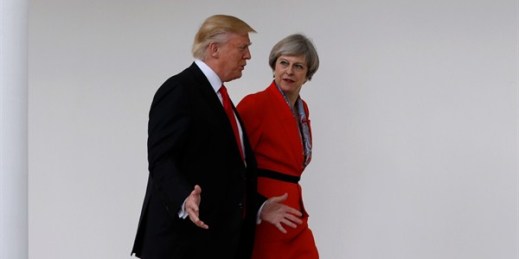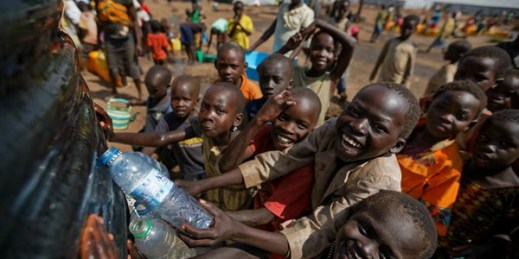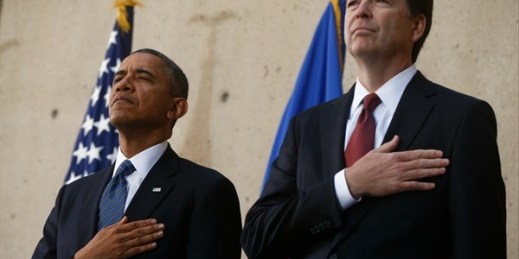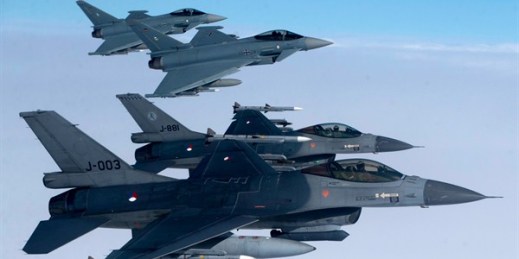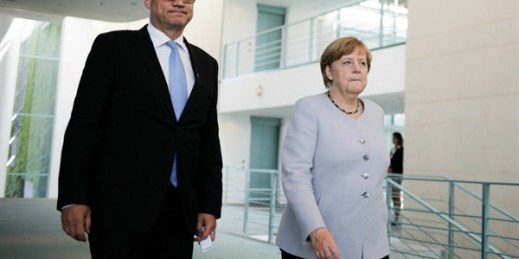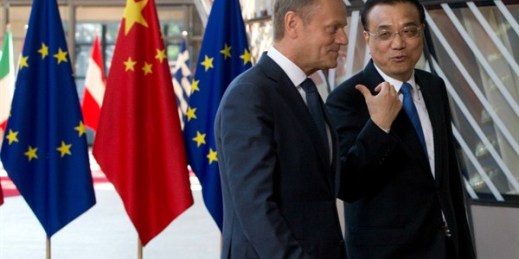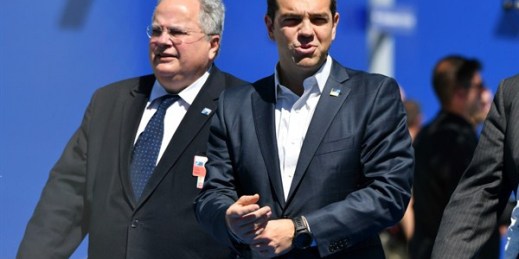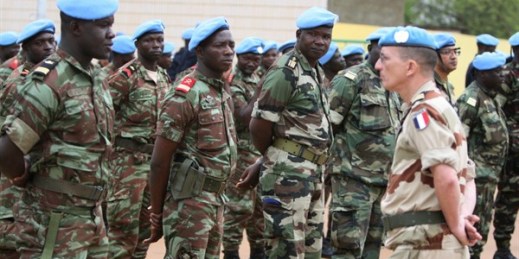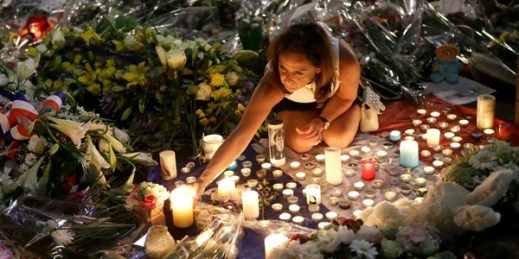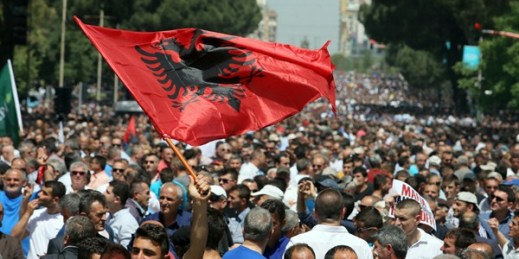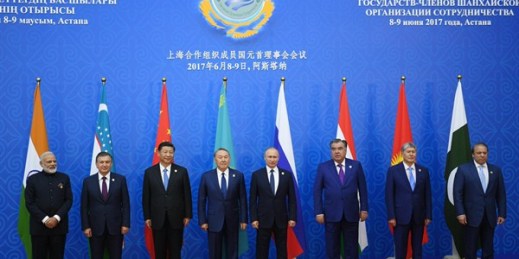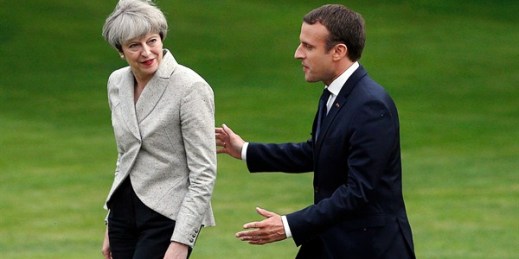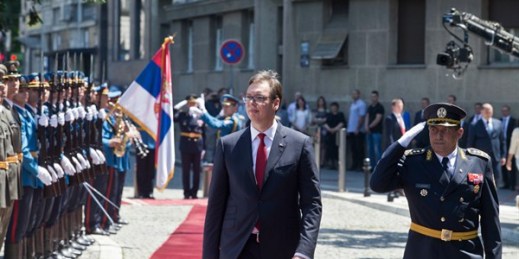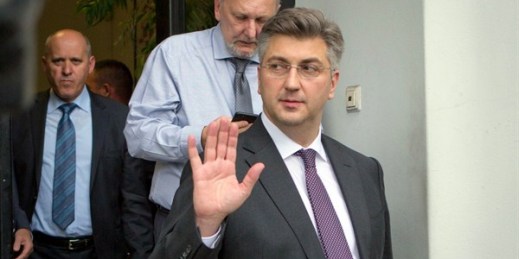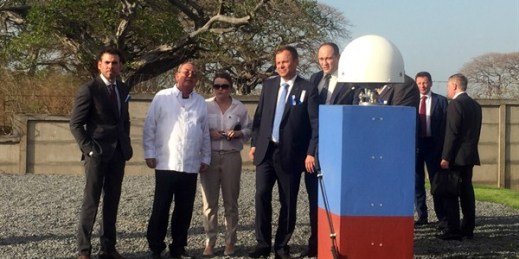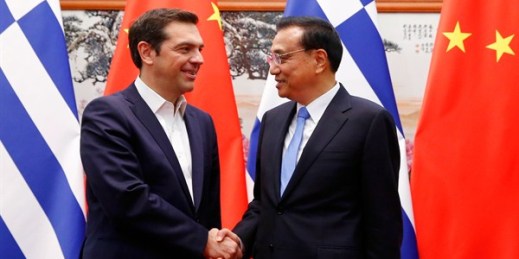
Earlier this month, Greece blocked a European Union statement at the United Nations that would have criticized China’s human rights record, with Athens saying it was opposed to “unconstructive criticism.” The move prompted a Chinese Foreign Ministry spokesman to publicly thank Greece “for upholding the correct position.” EU diplomats and rights groups, however, were less than pleased. Human Rights Watch and nine other groups issued a statement saying the EU’s credibility was being battered by its inability to adopt a coherent position on China’s human rights record. In an email interview, Rem Korteweg, head of the Europe in the World […]

